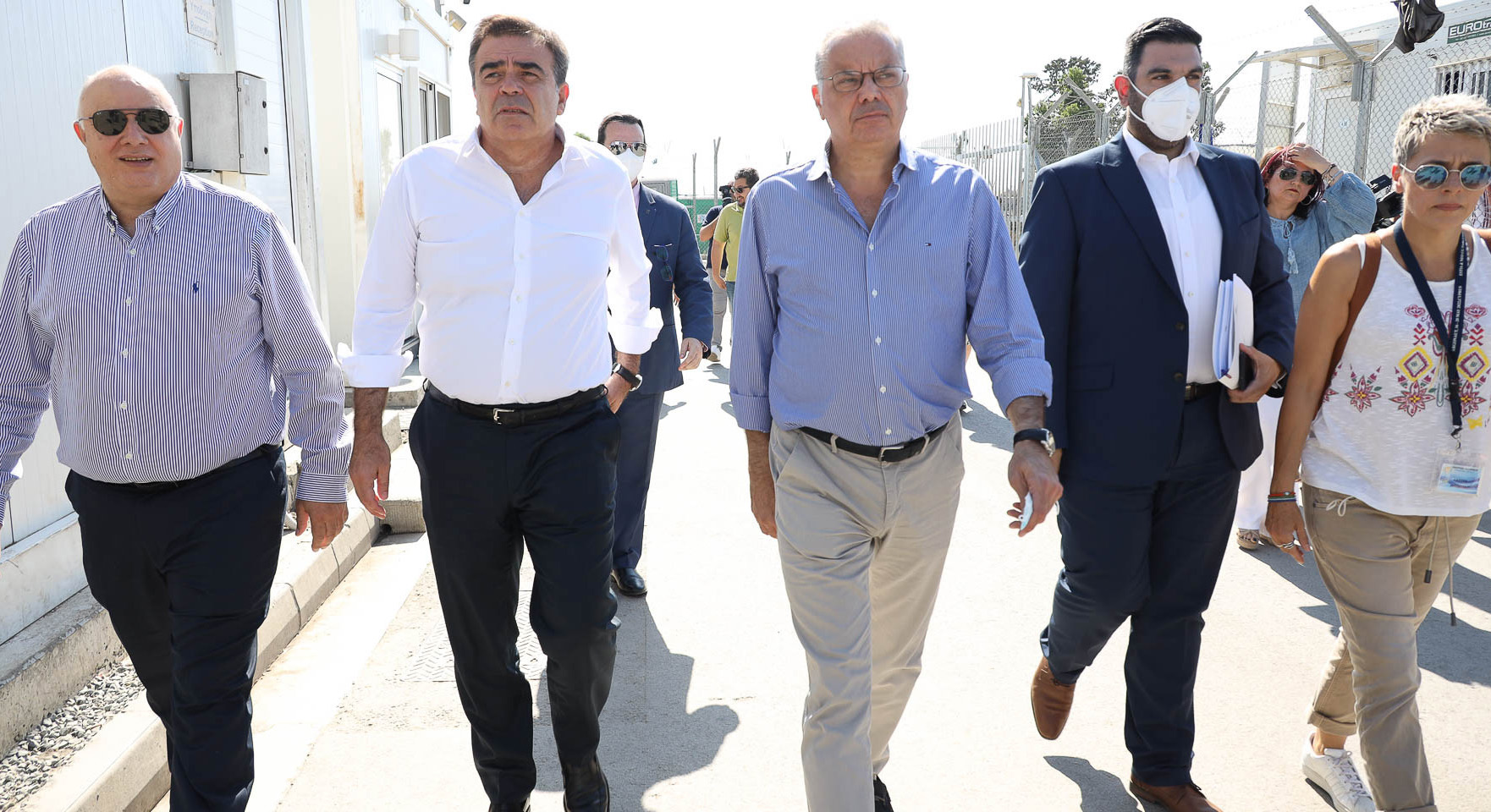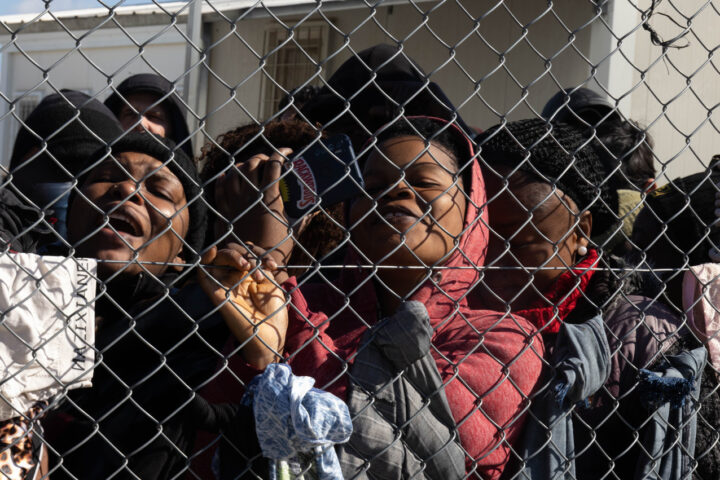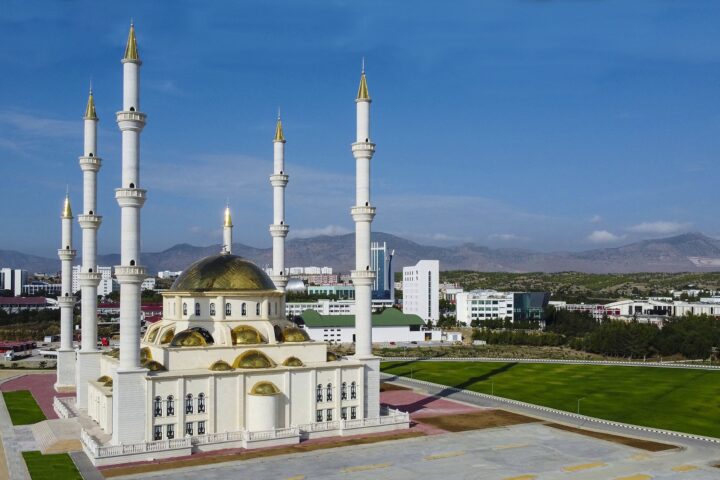Breakaway Turkish Cypriots are responsible for stemming migrant arrivals, a senior European Union official said, as the number of asylum-seekers the Republic receives soars.
European Commission Vice President Margaritis Schinas said that Turkish Cypriot authorities should also do their fair share in tackling the problem.
“We won’t let the Turkish Cypriot community to consider itself neutral in what is going on,” Schinas said after visiting upgraded facilities at the Pournara migrant reception camp outside Nicosia.
“They must also assume their share of responsibility, and we’ll find a way to remind them.”
The government says the overwhelming majority of migrant arrivals occur via Turkey and the Turkish-occupied north through a loosely regulated student visa system.
Thousands then cross a porous UN-controlled buffer zone to seek asylum in the Republic.
Schinas said at the weekend EU Commissioner Elisa Ferreira would hold contacts in Cyprus in July to explore ways of best handling the issue.
He also said Turkey had demonstrated a willingness to help ease the number of migrants arriving in Cyprus.
“Cyprus endures an unbearably large burden for the management of migration in relation to the country’s size and strength.”
Brussels will also help Cypriot authorities bolster monitoring and surveillance of the buffer zone to deter crossings compatible with EU law since the 180-kilometre-long ceasefire line isn’t a formal border, Schinas said.
Interior Minister Nicos Nouris said the number of asylum-seekers doubled to 10,000 in the first five months of this year compared to the same period in 2021, repeating that they make up an EU high of 5% of Cyprus’ 915,000-strong population.
He said that Cypriot authorities are working with the EU to facilitate the return of asylum-seekers whose claims have been rejected and more funding from the 27 member-nation bloc of €72 mln to build a new migrant reception centre.
Nouris said there are currently 1,800 migrants in the Pournara camp, from a record in March of 3,330.
There has been criticism of Pournara’s chronic lack of water, poor food, congested facilities, and treatment of unaccompanied children.
Nicosia has intensified returns, with almost 3,000 sent back in the last five months.










